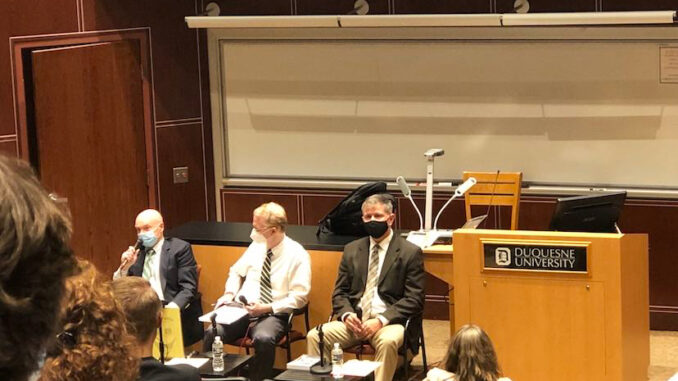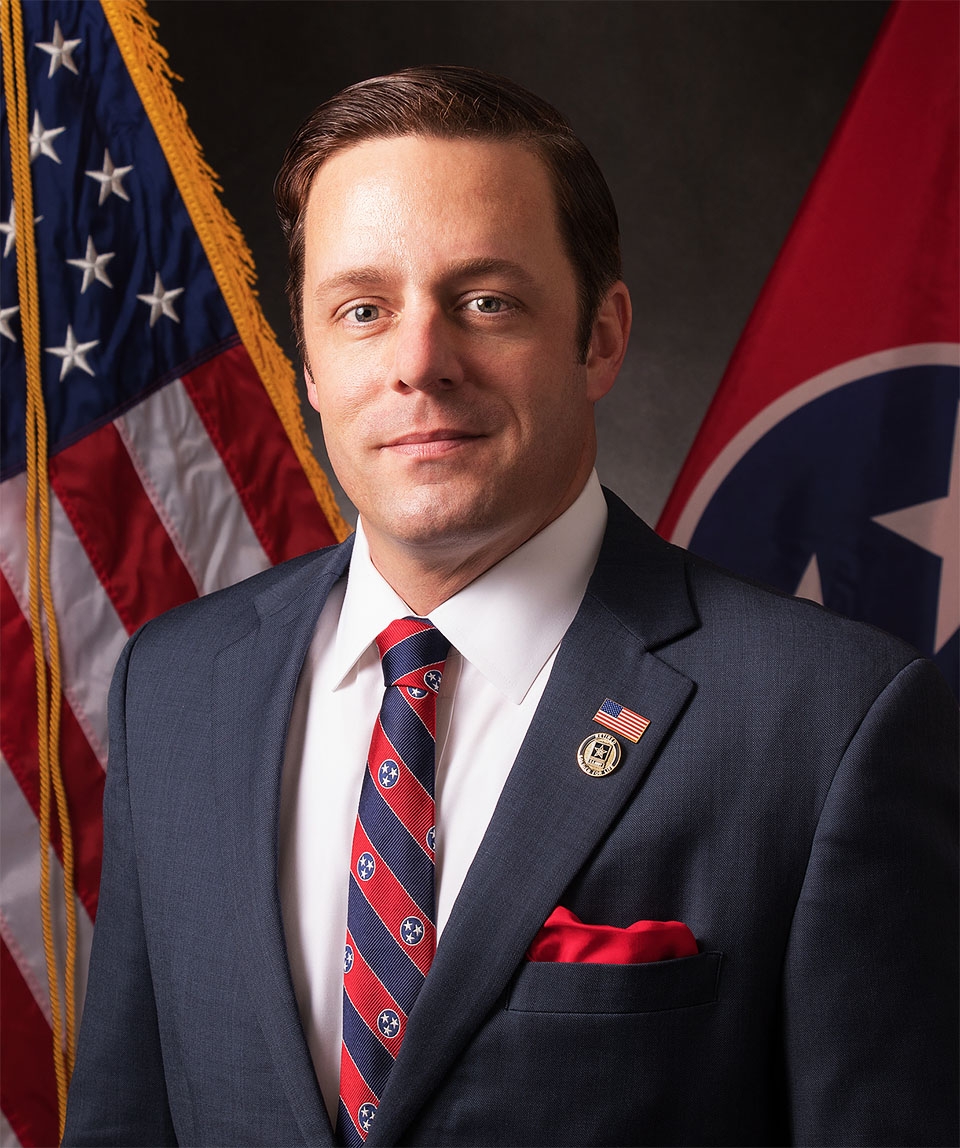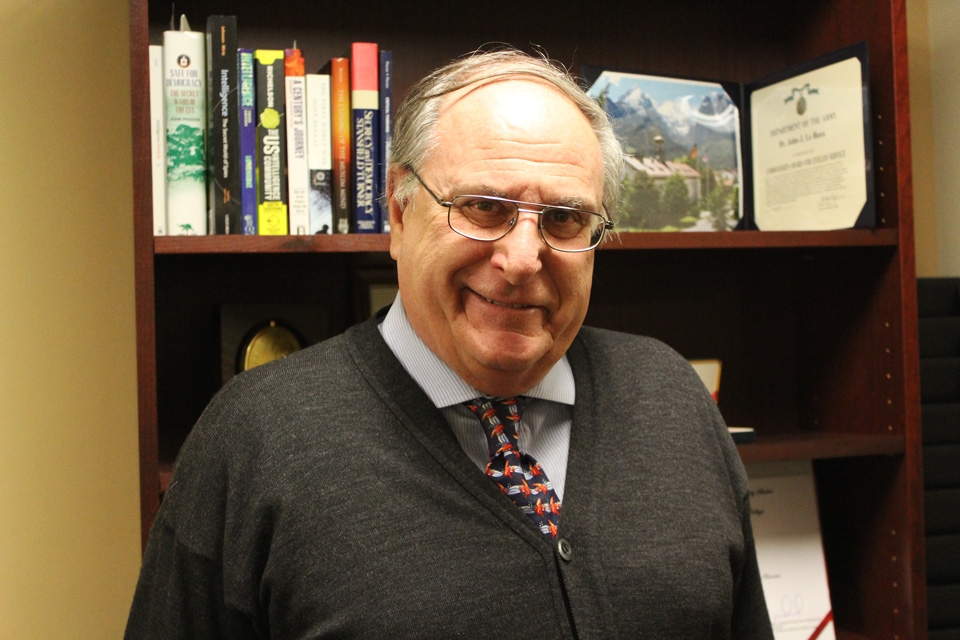
Kellen Stepler | features editor
Sept. 9, 2021
As college students, generation Z was too young to recall and comprehend – or even be alive for – the terrorist attacks of Sept. 11, 2001.
On Sept. 8, the Duquesne Political Science Department, the Political Science Club and Pi Sigma Alpha Political Science Honor Society held a panel discussion called “The Afghanistan War and the 20th Anniversary of 9/11: A Retrospective and Look Forward.”
That day that shaped the lives of all Americans to some degree, political science professor Clifford Bob said.
Even 20 years later, Bob thinks that we have become a “more fearful society” and a society far more willing to give up basic civil liberties and constitutional speech, like the First Amendment’s right to free speech, and the Fourth Amendment’s right to due process.
“We have a whole range of other basic constitutional rights that have been weakened significantly in our so-called War on Terror that has gone on since 9/11 and is continuing today,” Bob said.
The terrorist attacks of Sept. 11, shaped U.S. foreign policy “profoundly,” political science professor Mark Haas said. President George W. Bush had campaigned on a policy of restraint and against nation building, but that day “set the stage for transformation.”
“Dick Cheney became obsessed with demonstrating American power,” Haas said. “It wasn’t just enough to have power, we had to demonstrate it to the world so that people wouldn’t take on or conflict with the United States.”
America was under attack on September 11, 2001, political science professor Lewis Irwin said, and it wasn’t the first time Al-Queda wanted to attack the United States.
“These effects were intended by Osama bin Laden, because the terrorists only have to be right one time,” Irwin said. “If you’re in defense, you have to be right all the time.”
Irwin was also a chief for the Afghan National Police Force Integration Team, Combined Security Transition Command in Afghanistan. He served 34-1/2 years in uniform, and two of his children are Army officers who have served in the Afghanistan area.
“For us, this was real,” Irwin said. “It has had an effect on all of us for the last 20 years.”
In light of President Joe Biden’s withdrawal from Afghanistan, questions arose if the withdrawal of troops was irresponsible. Irwin said that while there are complex answers to this question, he notes that for 20 years, the United States has not been the victim of a major terrorist attack.
“On September 12, the national security establishment was waiting for the other shoe to drop. So far, God willing, that shoe hasn’t dropped,” he said.
He also noted that the United States military has really honed its craft in terms of the counterterrorism mission, and has capabilities today that did not exist 20 years ago. Additionally, an entire generation of Afghans were introduced to the concept of personal freedom – something that previously consisted of nonstop warfare and persecution.
There was some goodness that came out of the war, Irwin said, but that’s not to say that staying there for 20 years wasn’t problematic from the start.
Haas currently doesn’t think there was a way to win, but wonders if an acceptable tie was possible, in which the status quo was a sustainable and accessible price in America’s interest.
Bob said that it was “highly irresponsible” for the United States to continue into Afghanistan for so many years, and to have the mission expanded. There were numerous other exit ramps out of Afghanistan – after bin Laden’s death 10 years ago, for example – but the “people at the top totally lost sight of the mission.”
Citing the Afghanistan papers, Bob said that top government officials knew the war was unwinnable, yet they kept sending troops.
“I think irresponsibility was written all over this, and personally I think our withdrawal was long, long overdue,” Bob said.
Irwin explained that the military’s role is to execute whatever is asked of them by top government officials.
“Once we’re given the order, we carry out the order to the best of our ability,” Irwin said.
The spirited discussion was the first of many that Duquesne Political Science club president Natalee Codispot wants to continue throughout the academic year.
“Events like this are important because it gives students a grasp on what’s going on in the world currently,” Codispot said.




